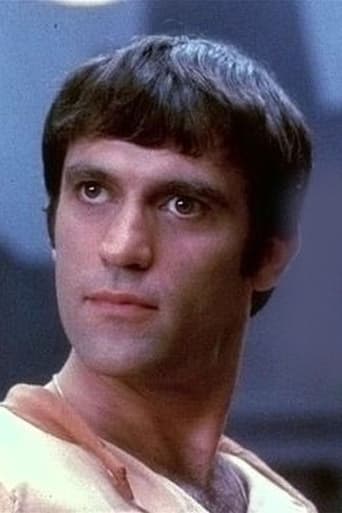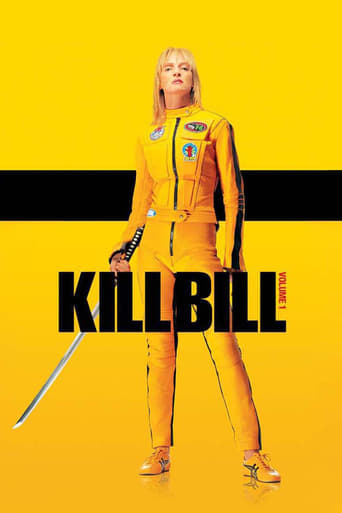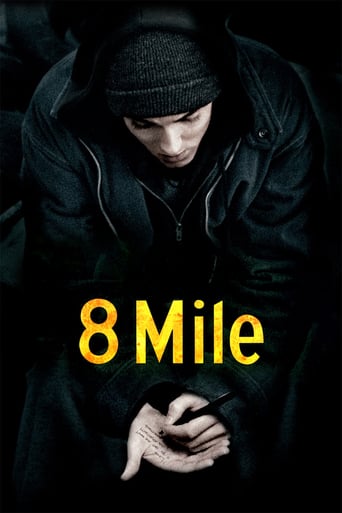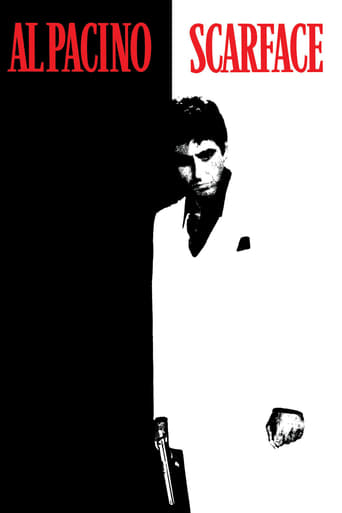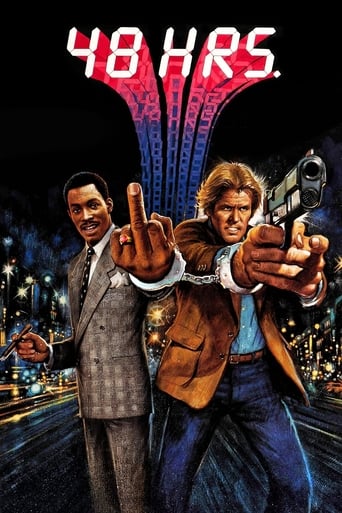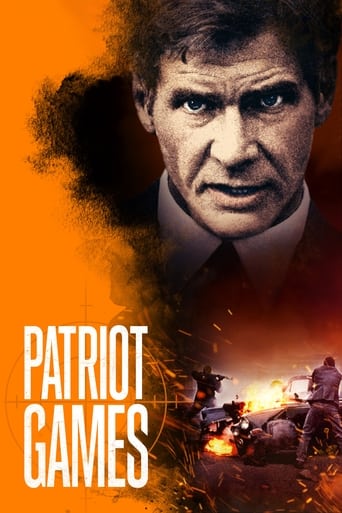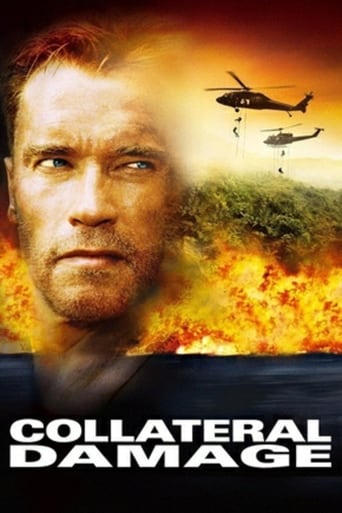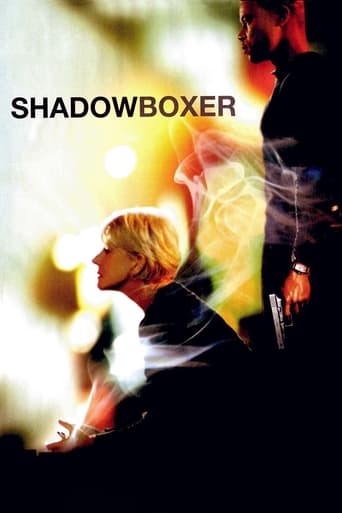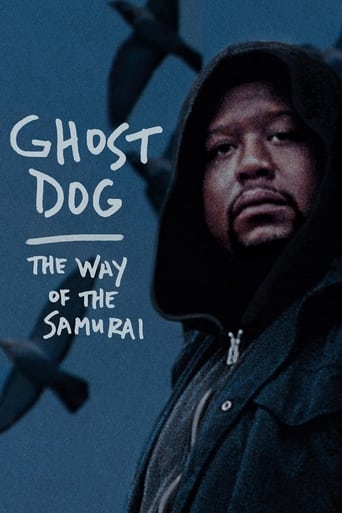
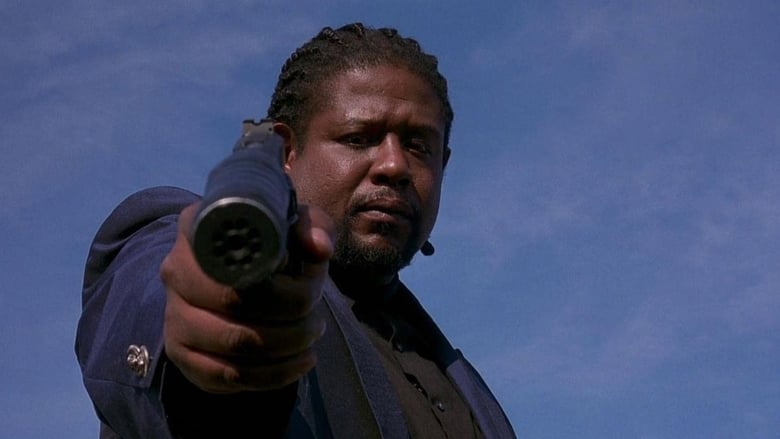
Ghost Dog: The Way of the Samurai (2000)
An African-American Mafia hit man who models himself after the samurai of ancient Japan finds himself targeted for death by the mob.
Watch Trailer
Cast


Similar titles
Reviews
An African American mafia hit man who models himself after the samurai of old finds himself targeted for death by the mob. Ghost Dog: The Way of the Samurai portrays the Mob as a bunch of old dudes who watch cartoons, die from a heart attack or can't even shoot straight and mistaken their target with someone else. The soundtrack doesn't fit well with certain scenes and Forest Whitaker is terribly miscast as Ghost Dog. Plus i found myself laughing more than than enjoying the film and those sequel plans? i hope that their cancelled eventually and personally i would recommend John Wick or Leon as a better Hitman underworld and story. (0/10)
"Ghost Dog" feels incomplete. In fact, it feels as though it were hardly started - the film contains an interesting premise in a hit-man who upholds the honoured samurai code in a world of dishonour and cruelty, as well as a unique blend of various subcultures - Italian Mafia, Hip Hop, and ancient Japan. Yet this is all the film is: a premise. The characters are skeletal outlines, composed only of duties and interests - there's no psychology or actual character present. The plot is where the film's stunted composure is most noticeable - the themes set to be explored are merely included. The Hip Hop culture is present, to its fullest extents, through thinly scattered moments involving gang members and freestylers. It is most present, however, through the soundtrack - although this soundtrack is well made, it is merely played over long transitional scenes, and hence feels like a shallow and cheap attempt at including the Hip Hop culture within the narrative. The Italian Mafia are explored through the main opposition to the film's eponymous character - yet they are clichéd, dull, and wholly non-threatening. At no point within the film do the Mafia feel as though they possess any sort of presence to be reckoned with, and the various figureheads within the organisation serve only as targets for Ghost Dog, and little more. This notion is accentuated by the regard in which Ghost Dog wipes out the entirety of his opponents in one fell swoop, with little to no resistance. Finally, the Samurai code - Bushido - is explored. This is one of the most lackluster aspects of the film - rather than create a story, within which our main character is cast and navigates through in accordance with the Samurai sense of honour, we find a plot constructed purely for the sake of enacting certain Samurai codes. The plot is initiated by an entirely arbitrary event - Ghost Dog is sent to kill a member of the mafia for sleeping with the boss's partner, who is meant to have left town by this point. Yet, for some reason - never revealed - she hasn't, and Ghost Dog must be taken out, as he has executed a member of the Mafia, and this is the way they operate. This event occurs at the very beginning of the film, and is what sets the narratives path in motion. From here, various excerpts from the book, Hagakure, are read out by Ghost Dog, and almost immediately after a scene plays out that is set to present Ghost Dog specifically practicing the mindset taught within that particular excerpt. This is how the entire film plays out, and it feels as though the writer selected specific excerpts from Hagakure, and adapted these excerpts into bare-bone scenes. In fact, with this particular book mentioned, Hagakure serves as the manifestation of the film's attempts at exploring the Samurai way - rather than infuse the narrative with the theme to be explored, it is contained within and read aloud from a single book. The film also attempts to deepen its narrative with several references, often through other books owned by the characters, yet these are only references, and not symbols or points of interest in any regard. In regards to the visual aspects of the film - they are amateur at best. The cinematography is unremarkable, and the editing often indulges in lazy attempts at stylisation. Also, the direction of fight scenes within the film is awful, with the annihilation of the mafia serving as the only actual scene of this criteria. Mafioso appear from behind walls, point their guns towards Ghost Dog, and are promptly killed. There is no tension whatsoever, and the feeling is of the main antagonists of the film merely being deflated. Over all, "Ghost Dog" serves as an interesting premise, yet the lazy writing and shallow attempts at stylisation leave the film as a blueprint, and shoddily presented one at that too.
This Jarmusch film needs to be compared with Jean-Pierre Melville's 1967 French film "Le Samourai" because both stories are essentially the same. Further both films have birds playing a major role. Both films have a female witness to a key assassination. Both films have the assassin stealing cars.Thankfully the Jarmusch film shows birds returning to thank the humans and the bonding is key. For Melville, the bird seemed to have intelligence and communicated to the human through unusual twittering. Jarmusch was probably closer to reality here.Jarmusch succeeds where Melville failed by adding philosophy, interesting supporting characters--the ice cream vendor and the smart girl who carries books in her lunch box. Melville merely reduced the story to a cop and an assassin trying to resolve the respective mysteries.
Ghost Dog (Forest Whitaker) dutifully follows Hagakure, The Way of the Samurai. He lives in a rundown shack with his pigeons. He's a hit-man for local mafia guy Louie (John Tormey) who saved his life 8 years ago. Louie puts out a hit on Handsome Frank. GD kills him but the daughter Louise (Tricia Vessey) of the mafia boss Ray Vargo (Henry Silva) is there to witness it. Louie has to get rid of GD to avoid being involved in a made man's murder. The problem is that Louie only communicates with GD through the pigeons. GD's best friend is the french speaking ice cream man Raymond (Isaach De Bankolé). Little Pearline makes friends with GD. The mobsters start killing any black pigeon handlers and they kill all his birds. He has to take on the mob but he can't take out his master Louie and the girl Louise.It's mobsters and samurai. No, it's not Tarantino. In fact, it's far from Tarantino. The action is not as cool. It's functional 90s action with a particular cheesy visual effect. The moment when the mob guys confront Louie about his hit man is rather telling. Jim Jarmusch seems to be trying to be funny there but he doesn't have the snappy Tarantino dialog. The weird stuff he does better like the french ice cream man. I stop paying attention to the non-sensical Samurai philosophy but it adds to a surreal feel to the movie. A lot more surrealism would be better and more to Jarmusch's wheelhouse. This is a great idea with an OK execution.




